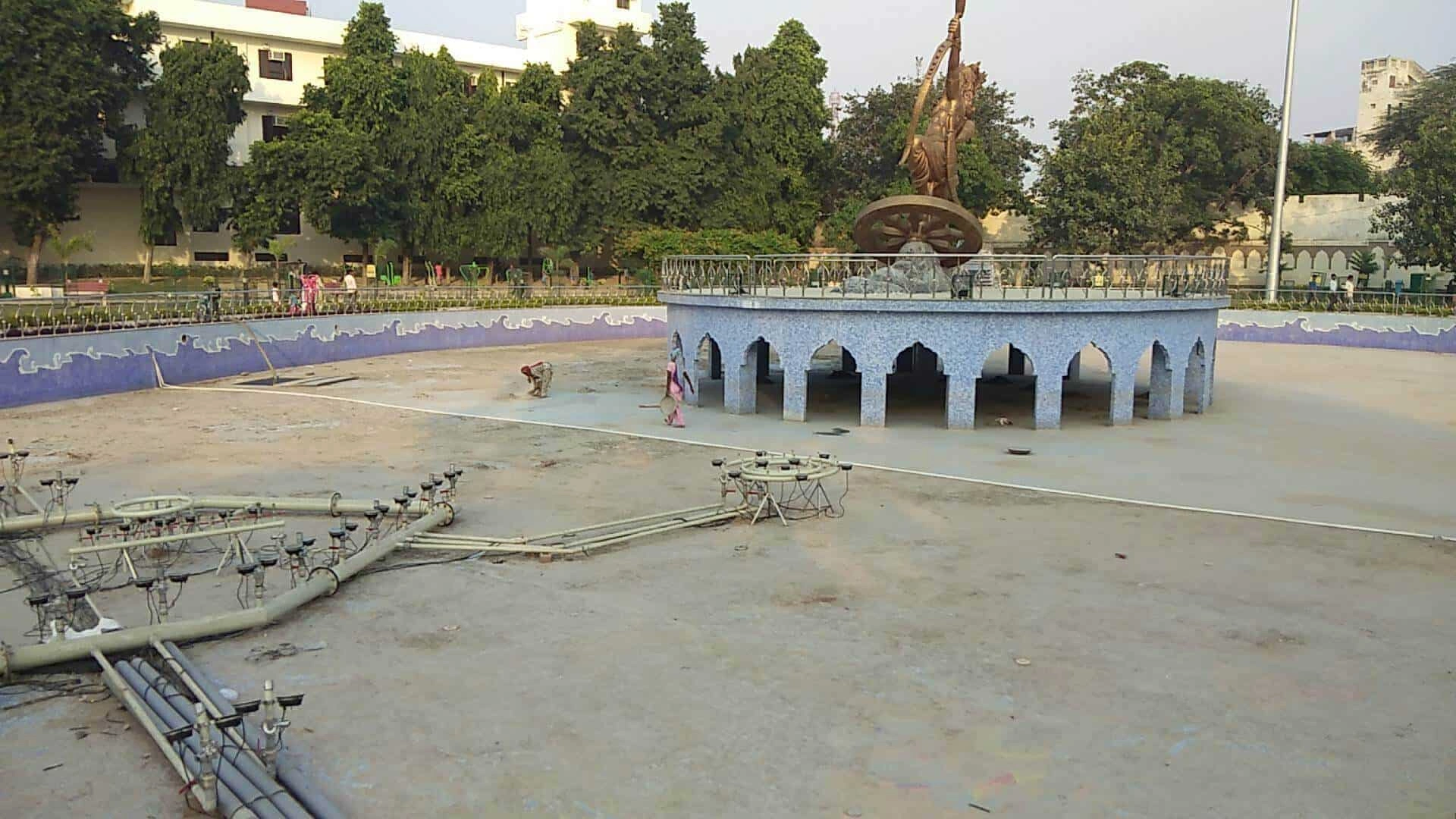About Karnal

Karnal City of Heritage
The city, perched at an altitude of roughly 250 meters above sea level, enjoys a mix of urban development and agricultural heritage. Often referred to as the “Rice Bowl of India,” Karnal is renowned for its high-quality basmati rice production, advanced agricultural research centers, and a legacy tied to historical figures like Raja Karna, a prominent character from the Mahabharata epic.
- Climate: Karnal experiences a semi-arid climate with distinct seasonal variations:
- Summers: From April to June, temperatures can exceed 40°C (104°F), making the weather quite hot. Early mornings and evenings are more pleasant for outdoor activities.
- Monsoon Season: The monsoon lasts from July to September, bringing moderate to heavy rainfall, essential for agriculture and rejuvenating the local ecosystem.
- Winters: Lasting from November to February, winters are cool, with temperatures ranging from 5°C to 20°C (41°F to 68°F). This period is ideal for tourism and outdoor events.
- Economy and Development: Karnal's economy is diverse, focusing on agriculture, education, and tourism:
- Agriculture: The region's fertile soil supports the cultivation of rice, wheat, and sugarcane, forming the backbone of the local economy.
- Education: Karnal is home to several educational institutions, including the National Dairy Research Institute, which attracts students and professionals from across the country.
- Tourism: As a center for agriculture and historical significance, Karnal’s economy benefits from domestic tourism, with visitors drawn to its historical and cultural sites.
- Healthcare: The city has a growing healthcare sector, with multiple hospitals and clinics improving healthcare access for residents.
- Historical and Cultural Significance: Karnal has a rich cultural heritage with historical roots:
- Local Festivals: Major festivals such as Holi, Diwali, and Baisakhi are celebrated with enthusiasm, showcasing the region's cultural vibrancy.
- Cultural Heritage: The city’s historical sites and agricultural festivals attract visitors interested in the local culture and traditions.
- Historical and Cultural Tourism: Karnal is a key destination for those interested in agriculture, history, and culture:
- Monuments and Landmarks: Notable sites include the Karnal Fort, the historic 18th-century mosque, and the beautiful Karnal Lake, which offers recreational activities.
- Cultural Experiences: Visitors can engage in local traditions through:
- Crafts and Arts: The region is known for its traditional crafts, including handloom textiles and pottery, allowing tourists to connect with local artisans.
- Culinary Delights: Karnal's cuisine features a variety of dishes such as rice-based meals, traditional sweets, and local street food, reflecting the region's agricultural bounty.